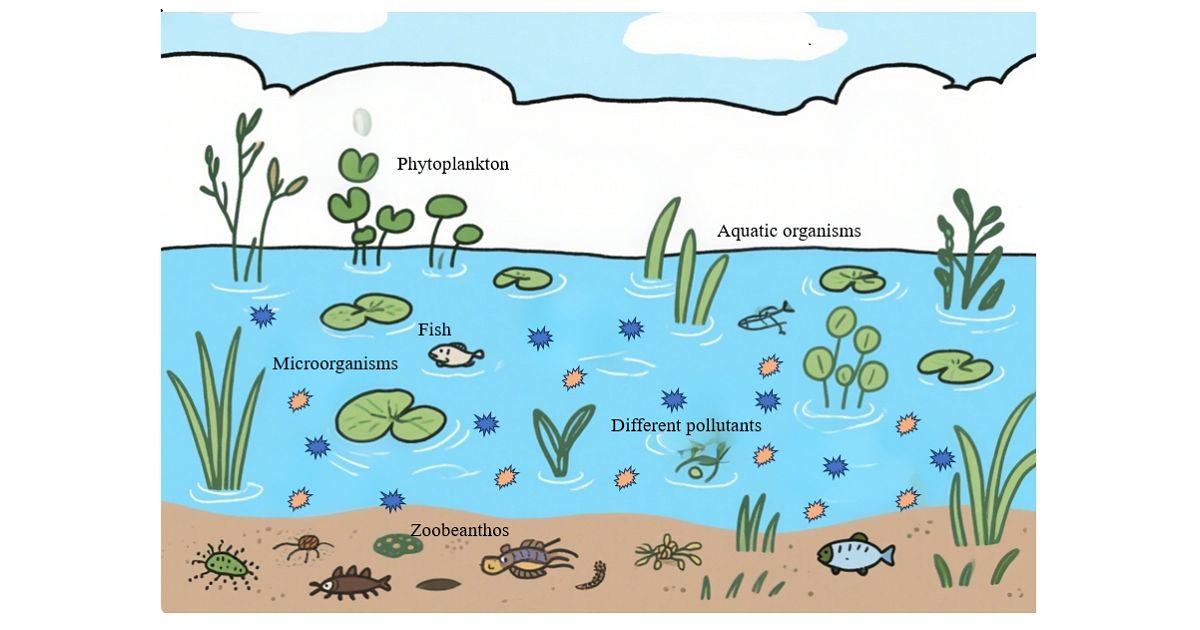- 4.2Impact Factor
- 7.7CiteScore
- 16 daysTime to First Decision
Microbiological Approaches to Water Pollution Control and Water Ecological Restoration
This special issue belongs to the section “Microbial Biotechnology“.
Special Issue Information
Dear Colleagues,
Globally, aquatic ecosystems are facing unprecedented threats from anthropogenic pollutants, including organic contaminants and nutrient overload. Microbial-mediated processes have emerged as a sustainable solution, leveraging the metabolic versatility of microorganisms to degrade pollutants and restore ecological balance. Artificial wetlands and biological nitrification treatment technologies have deepened our understanding of microbial consortia's role in nutrient cycling and biofilm-mediated bioremediation.
This Special Issue highlights the urgent need to develop scalable microbial technologies capable of addressing challenges such as climate change-driven water scarcity and emerging contaminants. We invite studies presenting innovations bridging fundamental science and field applications. In this Special Issue, original research articles and reviews are welcome.
Topics of interest include (but are not limited to) the following research areas:
- Microorganisms participating in the process of nitrogen and phosphorus removal;
- Biochar-enhanced denitrification for wastewater purification;
- Microorganisms' proliferation in water distribution systems;
- Improvement of power generation and performance of microbial fuel cells;
- Microbial population and distribution in large rivers.
Dr. Haiya Zhang
Dr. Weigao Zhao
Dr. Xiaoou Wang
Guest Editors
Manuscript Submission Information
Manuscripts should be submitted online at www.mdpi.com by registering and logging in to this website. Once you are registered, click here to go to the submission form. Manuscripts can be submitted until the deadline. All submissions that pass pre-check are peer-reviewed. Accepted papers will be published continuously in the journal (as soon as accepted) and will be listed together on the special issue website. Research articles, review articles as well as short communications are invited. For planned papers, a title and short abstract (about 250 words) can be sent to the Editorial Office for assessment.
Submitted manuscripts should not have been published previously, nor be under consideration for publication elsewhere (except conference proceedings papers). All manuscripts are thoroughly refereed through a single-blind peer-review process. A guide for authors and other relevant information for submission of manuscripts is available on the Instructions for Authors page. Microorganisms is an international peer-reviewed open access monthly journal published by MDPI.
Please visit the Instructions for Authors page before submitting a manuscript. The Article Processing Charge (APC) for publication in this open access journal is 2700 CHF (Swiss Francs). Submitted papers should be well formatted and use good English. Authors may use MDPI's English editing service prior to publication or during author revisions.
Keywords
- microbial bioremediation
- aquatic microbiome
- nutrient removal (nitrogen/phosphorus)
- biofilm-mediated purification
- artificial wetland microbiology
- biochar-enhanced wastewater treatment
- microbial fuel cells (MFCs)
- emerging contaminants degradation
- microbial ecology in water distribution systems
- climate-resilient water restoration

Benefits of Publishing in a Special Issue
- Ease of navigation: Grouping papers by topic helps scholars navigate broad scope journals more efficiently.
- Greater discoverability: Special Issues support the reach and impact of scientific research. Articles in Special Issues are more discoverable and cited more frequently.
- Expansion of research network: Special Issues facilitate connections among authors, fostering scientific collaborations.
- External promotion: Articles in Special Issues are often promoted through the journal's social media, increasing their visibility.
- e-Book format: Special Issues with more than 10 articles can be published as dedicated e-books, ensuring wide and rapid dissemination.

